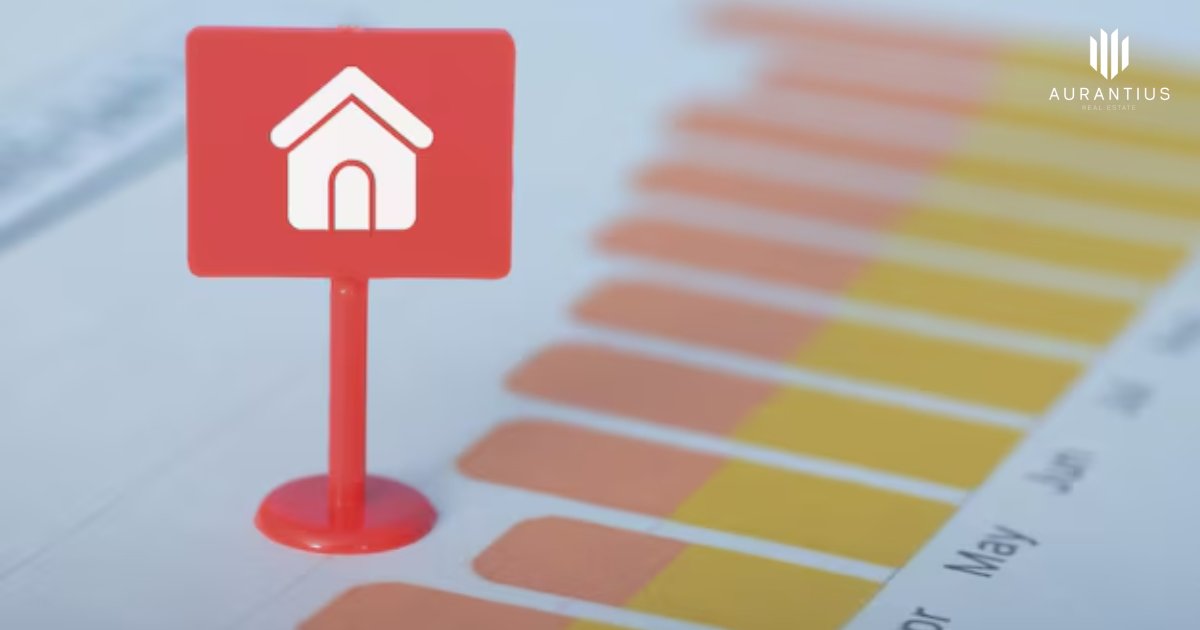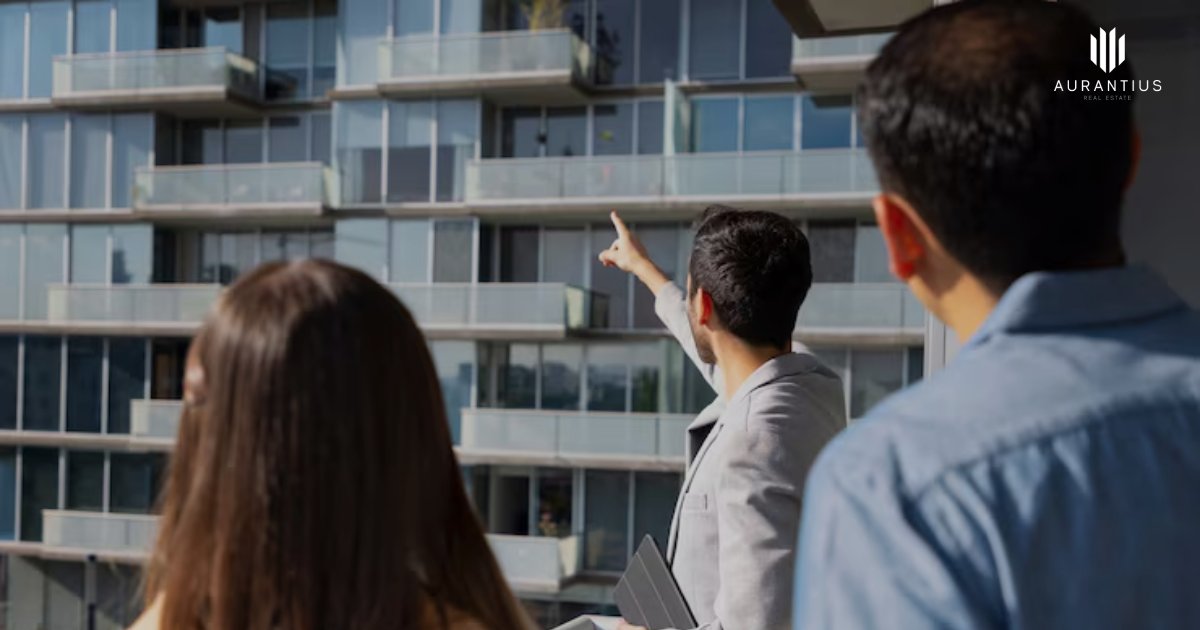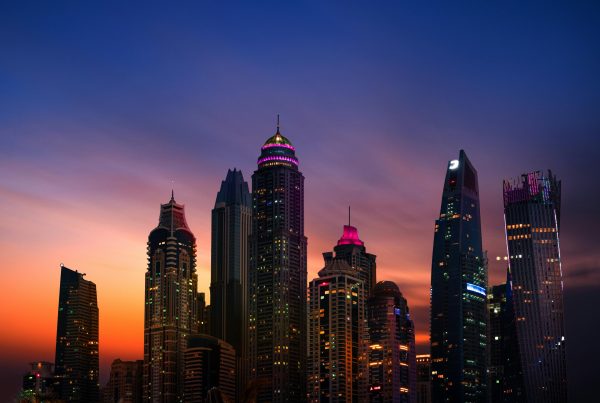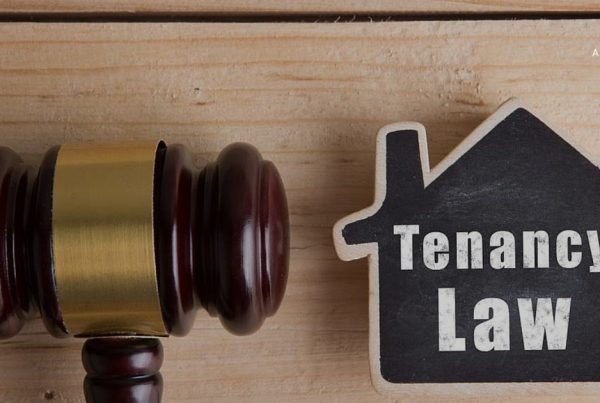Dubai Prime Residential Market Surges in 2025: Savills Report Highlights Global Leadership
Dubai has once again confirmed its dominance as one of the world’s strongest performing prime residential markets, recording significant capital value growth in the first half of 2025. According to new research from Savills in its ‘World Cities Prime Residential Index,’ Dubai secured the third position globally, just behind Tokyo and Berlin. With over 5% capital value growth for prime properties, the city continues to cement its status as a global hub for luxury living, international investment, and long-term real estate stability.
Understanding Prime Residential Property
Prime residential properties are defined as the top 5–10 percentile of villas, apartments, and houses in any given market. These are usually located in the most desirable areas and come with premium design, world-class amenities, and higher-than-average price points. In Dubai, locations such as Palm Jumeirah, Downtown Dubai, and Dubai Marina represent the pinnacle of prime living, attracting both residents and investors from around the world.
Capital Value Growth in H1 2025
Savills reported that globally, prime residential markets grew at 0.7% in H1 2025, a slowdown compared to the 2.2% growth in 2024. Despite this moderation, Dubai bucked the trend, achieving more than 5% growth, placing it among the top three global markets. This remarkable performance reflects strong immigration flows, stable investor confidence, and limited luxury supply. The report forecasts an additional 4% to 5.9% rise in Dubai’s prime values during H2 2025, further enhancing its appeal to global investors.
Why Dubai Outperforms Other Global Markets
Several factors underpin Dubai’s prime residential strength:
- Immigration and Population Growth: Dubai continues to attract high-net-worth individuals (HNWIs) seeking favorable tax conditions, Golden Visas, and high-quality lifestyles.
- Investor Confidence: Global economic uncertainties have made Dubai’s real estate a preferred safe haven compared to volatile stock markets and weaker performing cities.
- Limited Luxury Supply: Despite thousands of new units entering the wider residential market, true prime luxury supply remains tight, driving consistent upward pressure on values.
Developers such as Emaar, Sobha Realty, and DAMAC continue to lead luxury developments that push Dubai further ahead of global competition.
Prime Rental Market Shows Resilience
Rental values in Dubai’s prime sector also remained strong. Savills data revealed an increase of 2.9% in H1 2025, with annual growth reaching 13.3% by June. While this indicates moderating growth compared to the highs of 2024, it still outpaces most international cities. Lease renewal rates remain high, showing tenant loyalty and growing demand from expatriates and investors securing long-term residency.
Mortgage and Financing Conditions
The report also highlights a stable mortgage environment in the UAE. Buyers can typically access loan terms of 15 to 30 years, with fixed and variable options available. Deposits are set at 15% for UAE nationals and 20% for expatriates. This structure provides accessibility to domestic buyers while keeping conditions attractive for foreign investors. Such balanced financing options enhance Dubai’s competitive position globally, making property investment both manageable and secure.
Comparison With Global Prime Markets
Across the 30 cities tracked by Savills, Dubai stands out for its resilience. Tokyo and Berlin led the index, yet Dubai’s 5% growth in H1 2025 demonstrates its strong fundamentals. In comparison, global growth averaged under 1%, reflecting widespread geopolitical uncertainty and weaker sentiment in many Western markets. Cities like London, New York, and Hong Kong saw limited or flat growth, highlighting Dubai’s unique ability to thrive despite global turbulence.
Looking Ahead: The Outlook for H2 2025 and Beyond
Savills forecasts Dubai prime residential values to rise an additional 4% to 5.9% by the end of 2025. This growth will be driven by:
- Rising demand from HNWIs moving to Dubai for security, tax benefits, and lifestyle.
- Continued expansion of infrastructure such as Dubai Metro extensions and waterfront projects.
- Stable government policies promoting foreign ownership and investor-friendly initiatives.
- Strong performance in sub-markets like Palm Jumeirah, Jumeirah Bay Island, and Downtown Dubai.
Conclusion: Dubai’s Prime Market Stays Ahead of the Curve
Despite global financial uncertainty, Dubai remains one of the top-performing prime residential markets worldwide. With capital values rising, prime rental growth holding strong, and developers launching world-class projects, Dubai reinforces its role as a global benchmark for luxury living. For investors, this means both capital appreciation and rental yields are firmly supported by robust fundamentals.
As the emirate continues to evolve into a global hub for finance, technology, and lifestyle, prime real estate will remain one of its most valuable assets—making 2025 another milestone year for Dubai property.












